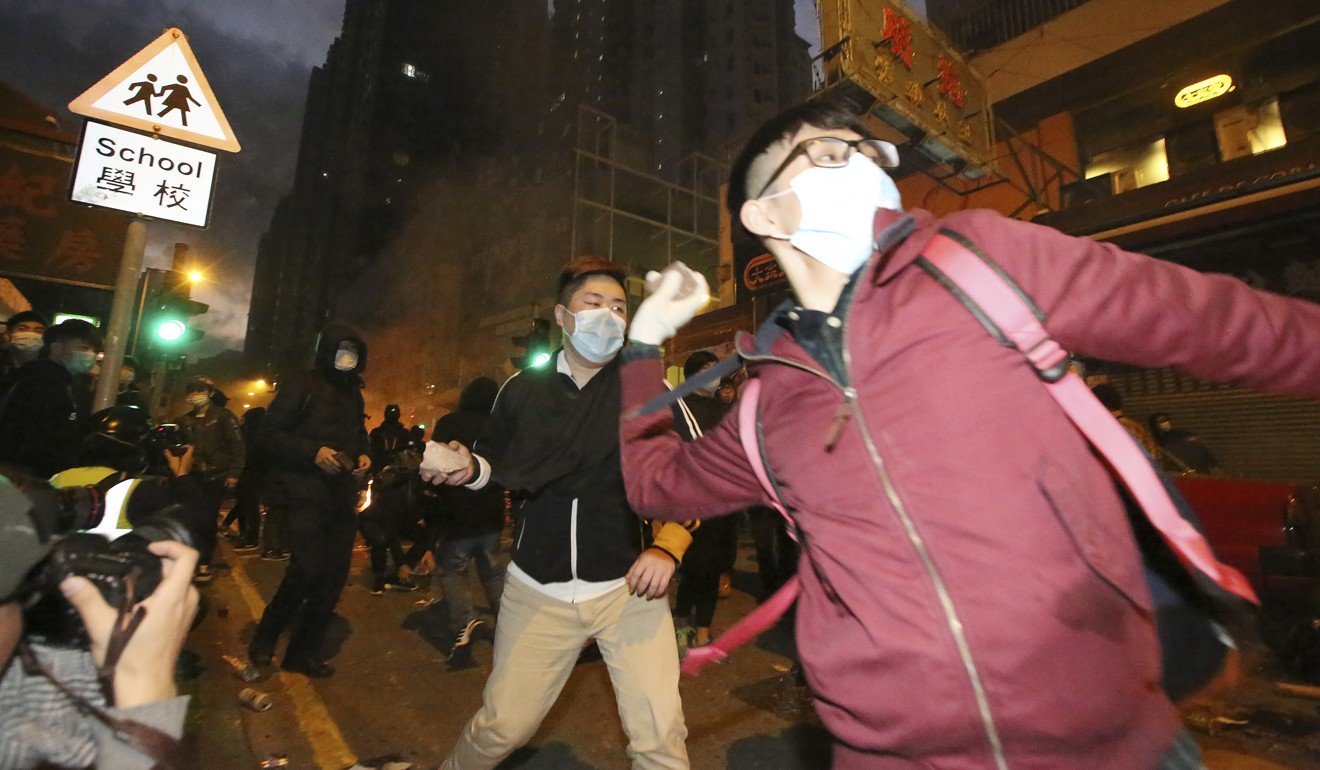
Opposition losing support of public opinion
Survey results confirm that the pro-democracy movement is in retreat with most Hong Kong people preferring a flawed government and political system over anarchy
If the latest surveys are anything to go by, the political pendulum is swinging in a direction favourable to the government.
Project Citizens Foundation, co-founded by democracy icon and former chief secretary Anson Chan Fang On-sang, might now regret having hired the University of Hong Kong polling service to study the priorities local people place on various social indicators.
Confidence in Hong Kong police restored after Occupy low, force says
On a scale of zero to 10, “public order”, “rule of law” and “corruption-free practices” were rated the most important indicators with the same mean score of 9.2, while “stability” and “freedom” coming next respectively with scores of nine and 8.9.
“Democracy” was rated the least important with just eight points.

This, of course, merely confirms what the opposition has been denying despite the obvious writing on the wall: the pro-democracy movement has been in retreat.
Having experienced the chaos of the Occupy protests and Mong Kok riot, and the self-destructive antics of university student leaders and localist lawmakers, most Hong Kong people prefer a flawed government and political system over anarchy.
Hong Kong people have always treasured social stability and public order. It’s only ideologues such as HKU law lecturer Benny Tai Yiu-ting, retired churchman Joseph Zen Ze-kiun and their opposition allies who think anything goes in the name of their version of democracy.
Don’t be demoralised by Occupy failure, says lauded Korean news anchor
Another survey, again conducted by HKU, found that 79 per cent of respondents had confidence in the police, up from 62 per cent in 2015, believed to be the lowest since 1997.
Whatever faults and problems our police suffer from, on matters that count – law and order, low crime rates, low corruption and civility over brutality – the force remains one of the most professional and well-trained in the world.

This is despite the best efforts by “yellow-ribbon” fanatics to blacken the name of the police.
Meanwhile, Chief Executive Carrie Lam Cheng Yuet-ngor has a relatively high score of almost 58 in yet another poll by HKU.
You can hardly question the accuracy and neutrality of the surveys, as HKU’s public opinion programme is practically a yellow-ribbon outfit and its director Robert Chung Ting-yiu a self-declared pan-democrat.
Hong Kong’s leftover Tiananmen activists face uncertain future
None of these necessarily means the government is doing a good or even adequate job.
But it does mean the opposition can no longer assume public opinion is on its side. Unless it changes course, things are likely to get much worse for the anti-government camp.

